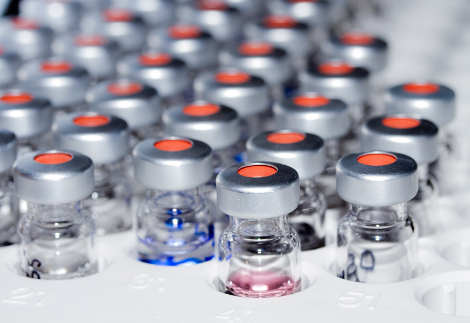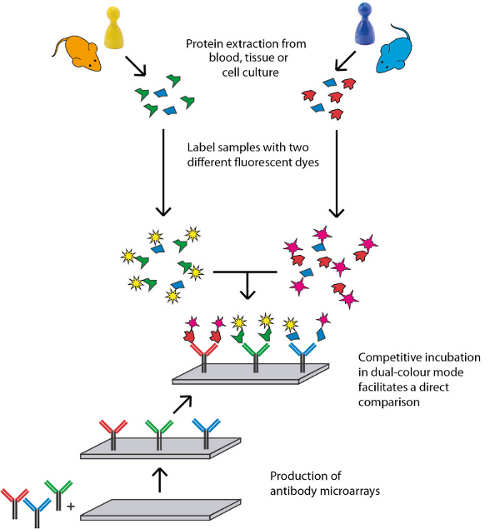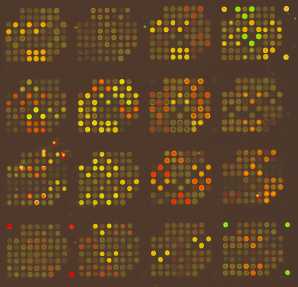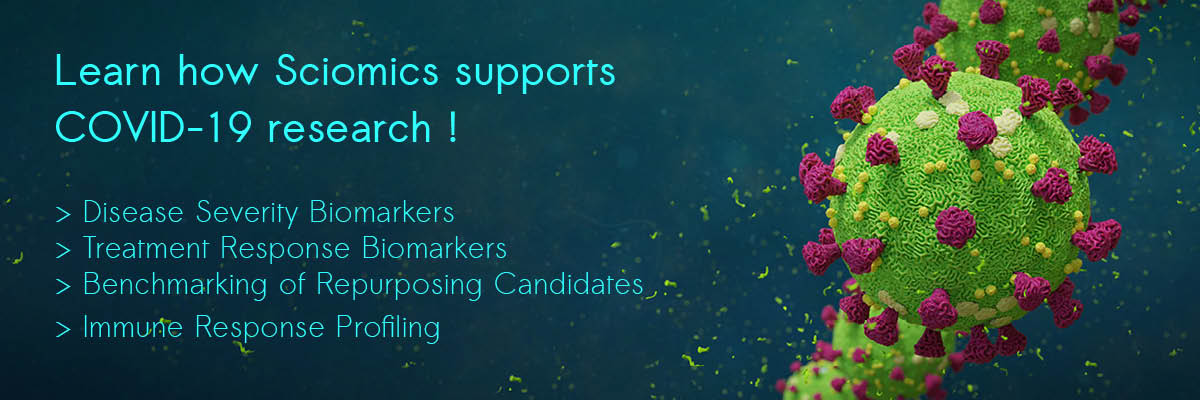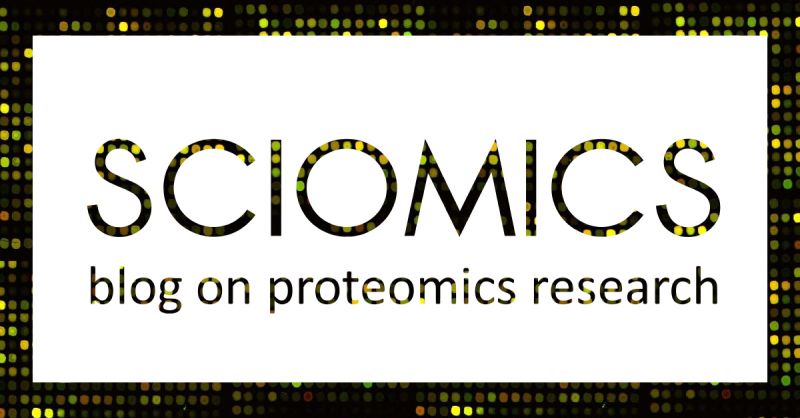scioDiscover - Protein Expression Analysis
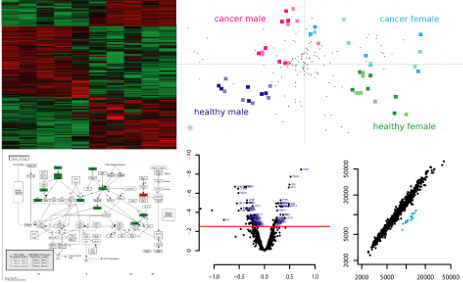
The scioDiscover microarray platform enables high-content, immuno-based protein profiling of diverse biological samples. It provides a comprehensive overview of proteomic changes by analyzing more than 1,400 proteins in parallel. It covers key pathways in diseases such as cancer, neurological disorders and organ failure. The technology has been successfully applied in numerous biomedical studies and in the discovery of new biomarker signatures. scioDiscover enables rapid and targeted research while providing a broad overview of potential changes at the protein level in your samples.
Features and Benefits
- Covers major signaling pathways, secreted proteins, cell surface and inflammatory markers
- more than 1,400 proteins are profiled
- Wide range of indications covered, including oncology and organ failure
- Robust dual-colour study design
- Complete data analysis and study report
- Studies in human, murine and rat samples possible*
- Saves time, money and valuable sample
Protein
profiling Biomarker
Discovery Target
Discovery Contact
us
Sample-to-Result Service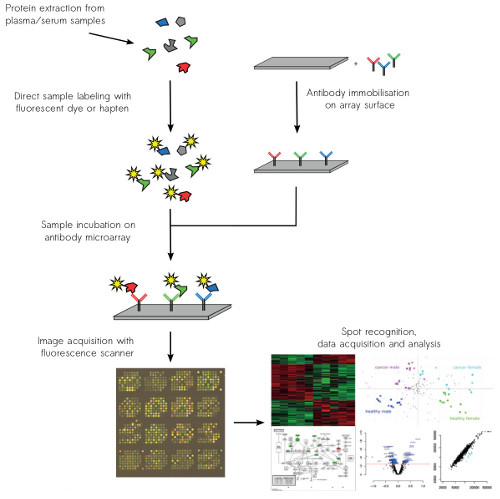
As part of our analysis service, we will not only perform the microarray experiments, but also support you with a proposal for an appropriate microarray study design and sample selection in order to optimally address your scientific question. You will receive a customized study report including statistical analysis within 3-4 weeks after receipt of your samples.
Our analysis service includes:
- Definition of a suitable study design
- Sample preparation
- Protein extraction
- Protein concentration measurements
- Protein quality control
- Sample labeling
- Sample purification
- Incubation of the samples on antibody microarrays
- Microarray scanning
- Raw data acquisition
- Data normalization
- Data analysis including cluster analysis
- Statistical testing of differentially abundant proteins
- Comprehensive study report
Analysis and Profiling of
|
AdvantagesScioDiscover:
Our Team:
|
Which sample types can be analyzed ?
A wide range of samples can be analyzed with scioDiscover
- Plasma or serum
- Fresh-frozen tissue samples
- Cellular samples
- Cell culture supernatants
- Cerebrospinal fluid (CSF)
- Other sample types upon request
- Studies can be performed on human, mouse or rat samples*
A minimal amount of sample is required, for example**
- Plasma sample: 5µl
- Tissue: 1mg (fresh frozen)
- Cells: 100,000
- CSF: 5µl
Reference Customers:
|
Case studies: |
* Antibody array is designed to target human proteins. Due to a high sequence homology of the vast majority of proteins, it has often been successfully used to study murine, rat and ovine models as well [Thorenz A. et al. (2018), Peiro J. et al. (2018), Reichman H. et al. (2019), Raquel F. et al. (2020)].
**Minimum quantity. These values may vary depending on the sample type, study design, storage conditions. and additional parameters.
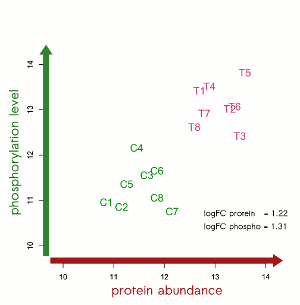
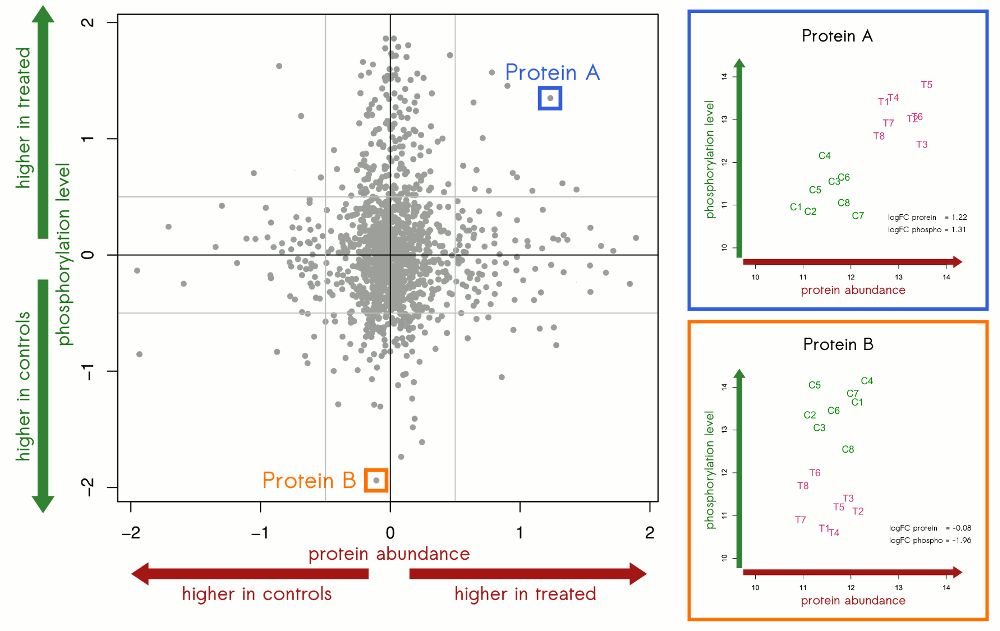
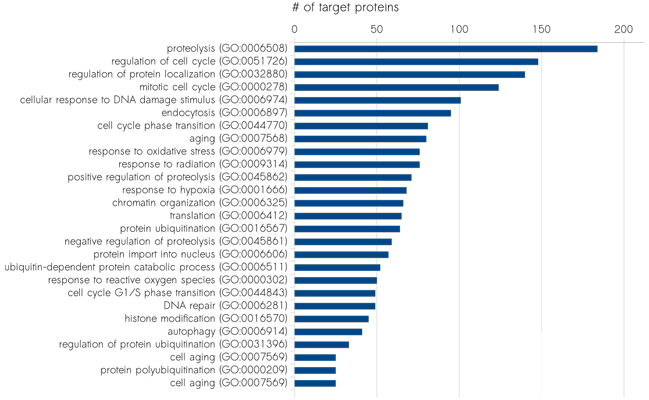
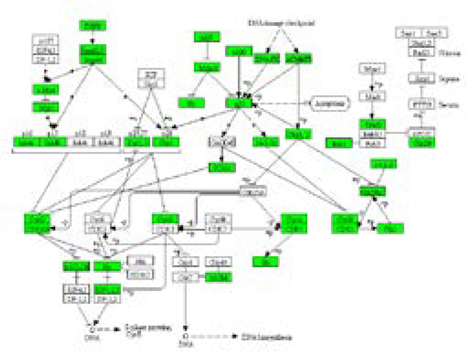 Cell cycle: proteins in green are covered by the analysis
Cell cycle: proteins in green are covered by the analysis